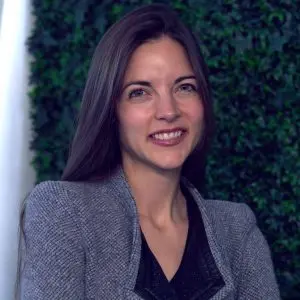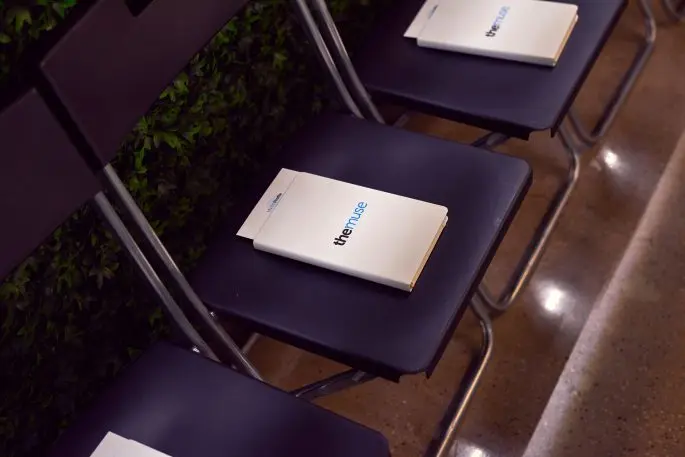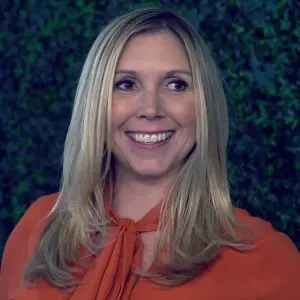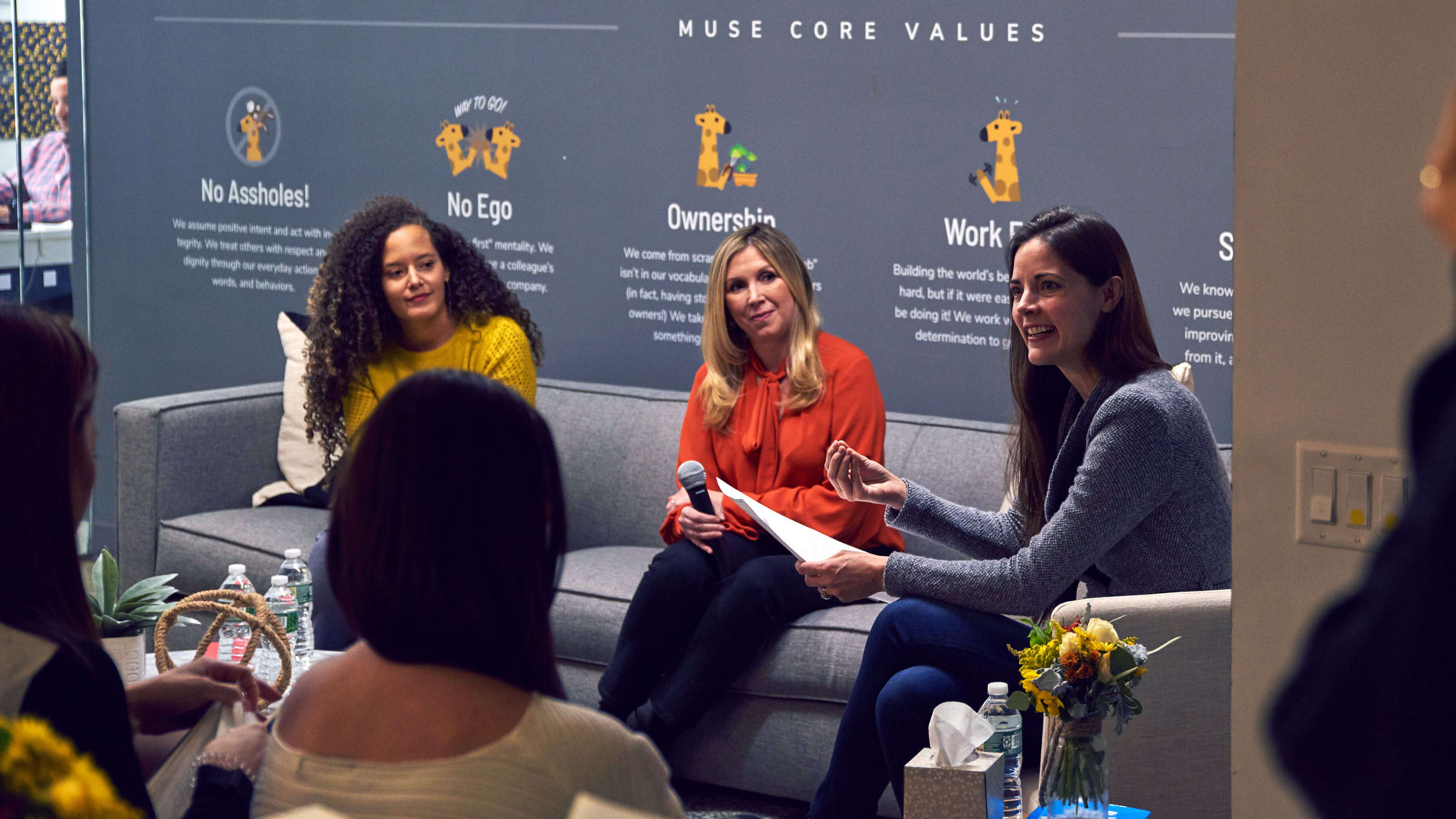It’s a great time to be a jobseeker. Unemployment rate is low, and there are more open positions than there are candidates looking for work. That means that employers are always competing with each other for top talent, and it’s no longer enough just to post vacancies on job boards and wait for applications to come in.

Minshew shared her own experience of being shortlisted as one of the final two candidate to be the chief of staff of a large organization. The last round of interviews involved getting to know the leadership and members of the company. Minshew discovered things that compelled her to withdraw from the application process. “I felt so bad,” Minshew said. Because “they had invested so much time in me and I had invested so much time in them.” Had she known that information earlier, she would have withdrawn her application earlier, and the company could have had a candidate that was a better fit, she said.

The importance of transparency in the recruitment process
Candidates are no longer just looking for companies who can pay them well and give them generous perks. Toni Thompson, VP of people and talent at The Muse, said that while candidates consider benefits to be an important factor, many are also interested in talking about the company’s policy towards work and life. She stressed that organizations need to be honest about things like the number of hours that an employee is expected to work. For example, if a role requires an employee to work on weekends on occasion, that’s something they should be upfront about during the hiring process.
A company’s recruitment process needs to be consistent with its brand
For Katie Turrel, director of talent acquisition at Bonobos, every candidate is a potential Bonobos customer. “I tell hiring managers and recruiters, a lot of the times it’s a lot of touch points with the brand. If they are not right for our brand, they are potentially customers. It’s so important to give them the same candidate experience as the person you’re looking to attract.” After all, a candidate who had a negative hiring experience is more likely to tell their friends and family not to apply to future roles in that company, and might even go so far as to discourage them from engaging with the brand.

Turrel also noticed that even existing employees have become more comfortable with questioning their leaders. “It’s been a massive shift,” she said. At the end of the day, Thompson said, companies need to be more open about what their culture is and what they expect from employees. Not only will they be less likely to make the wrong hire, but companies will be more likely to hire those who embrace their mission wholeheartedly, and help them succeed in the process.
Recognize your brand’s excellence by applying to this year’s Brands That Matter Awards before the early-rate deadline, May 3.
